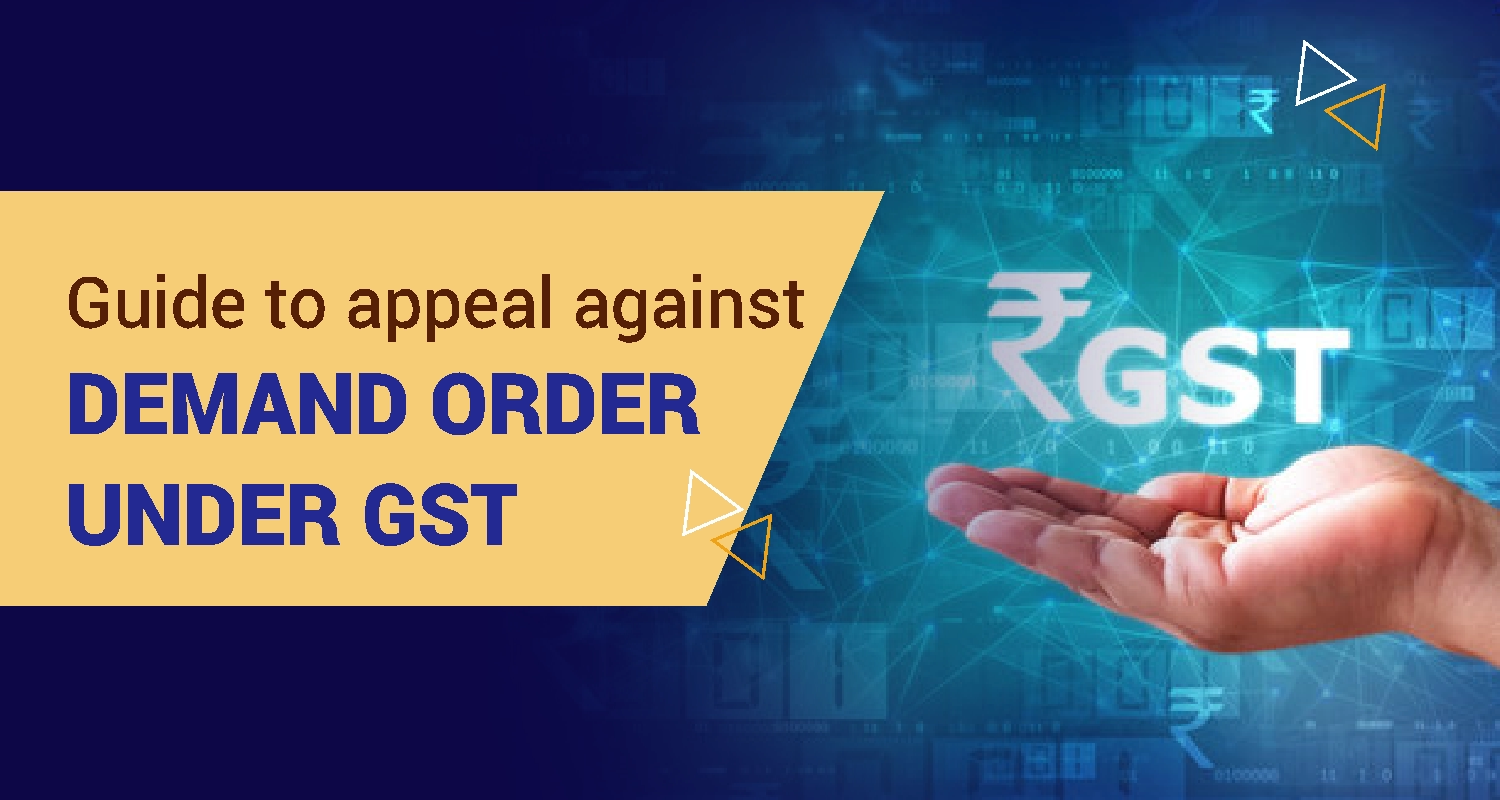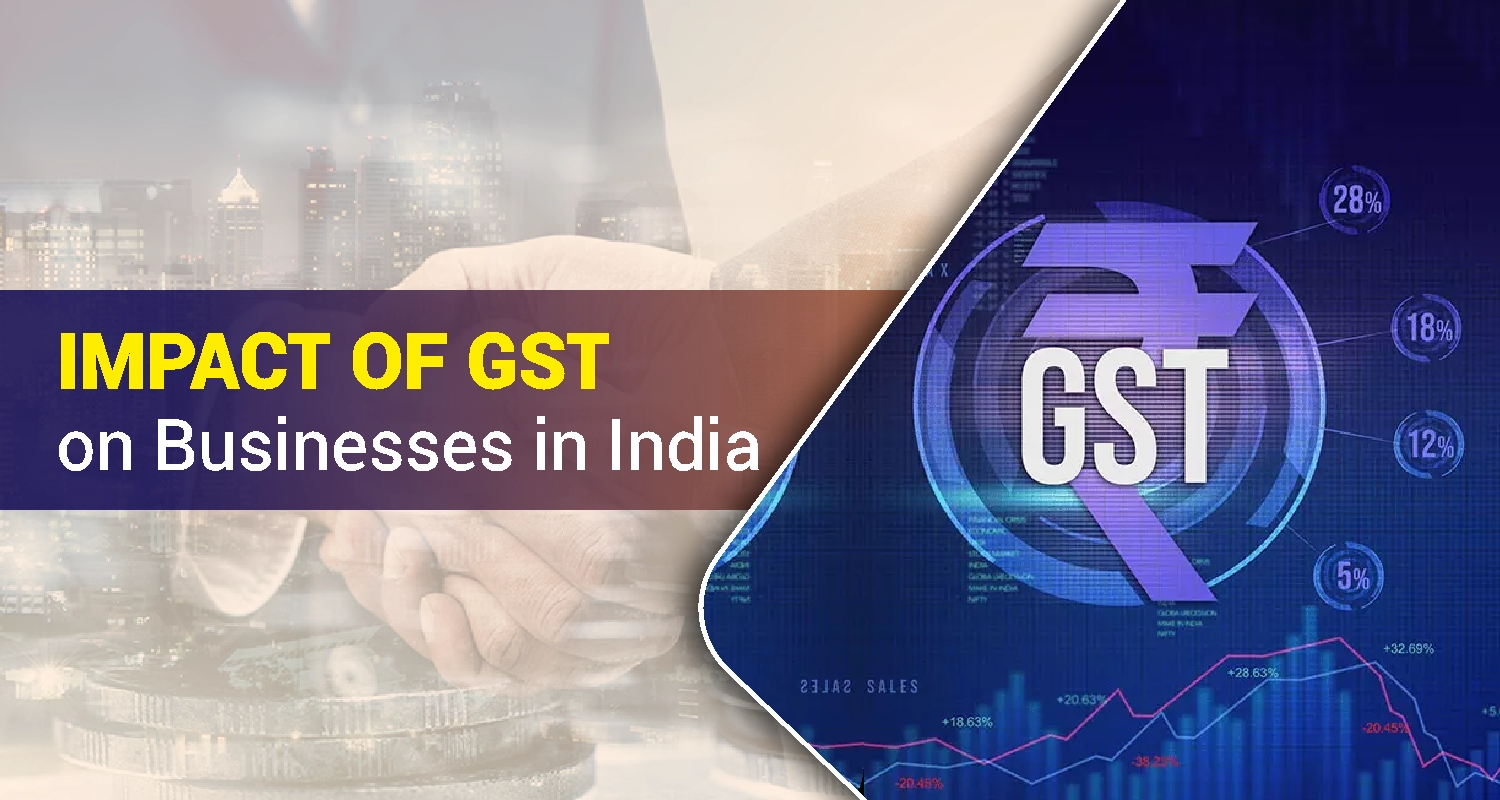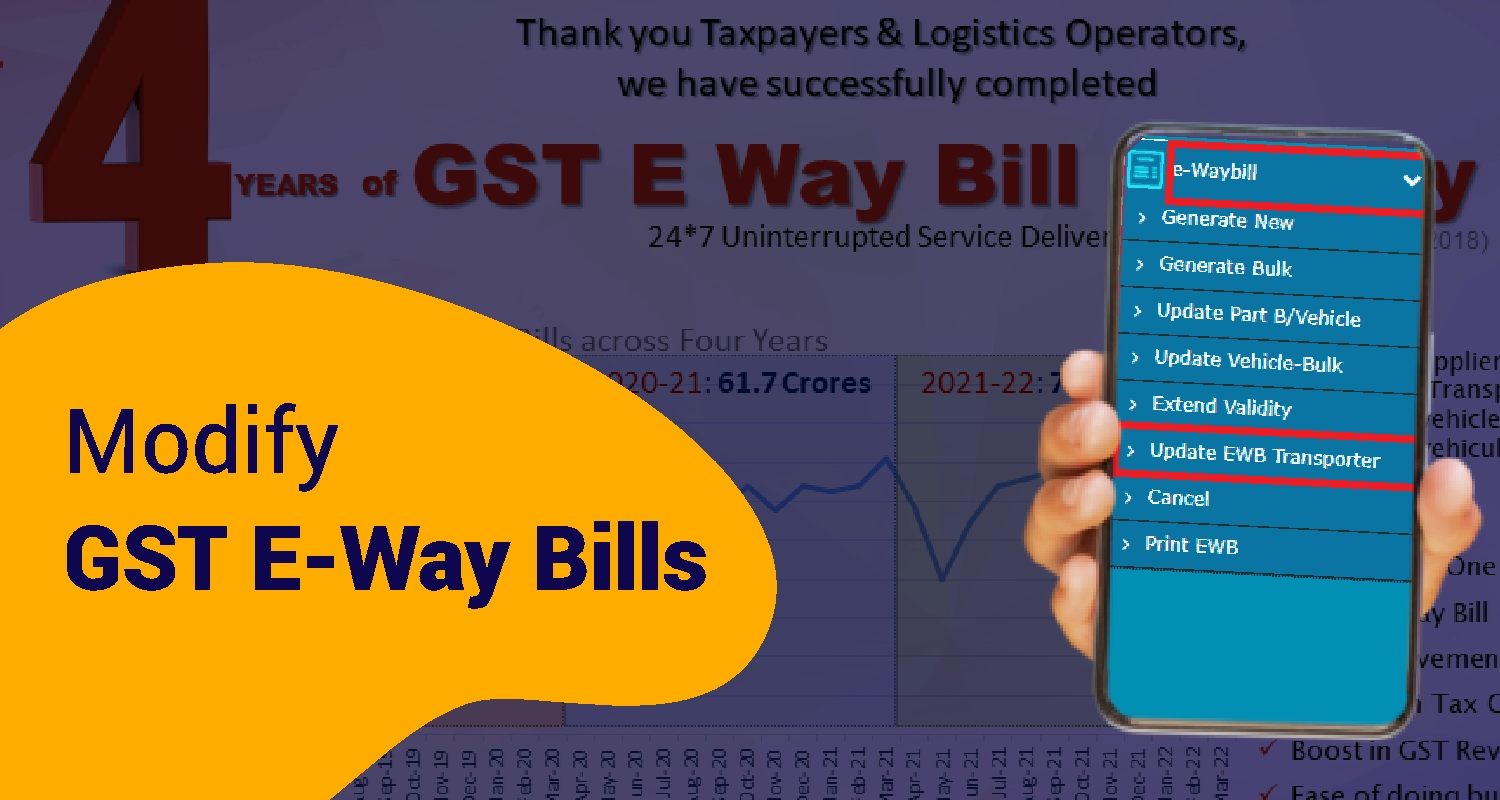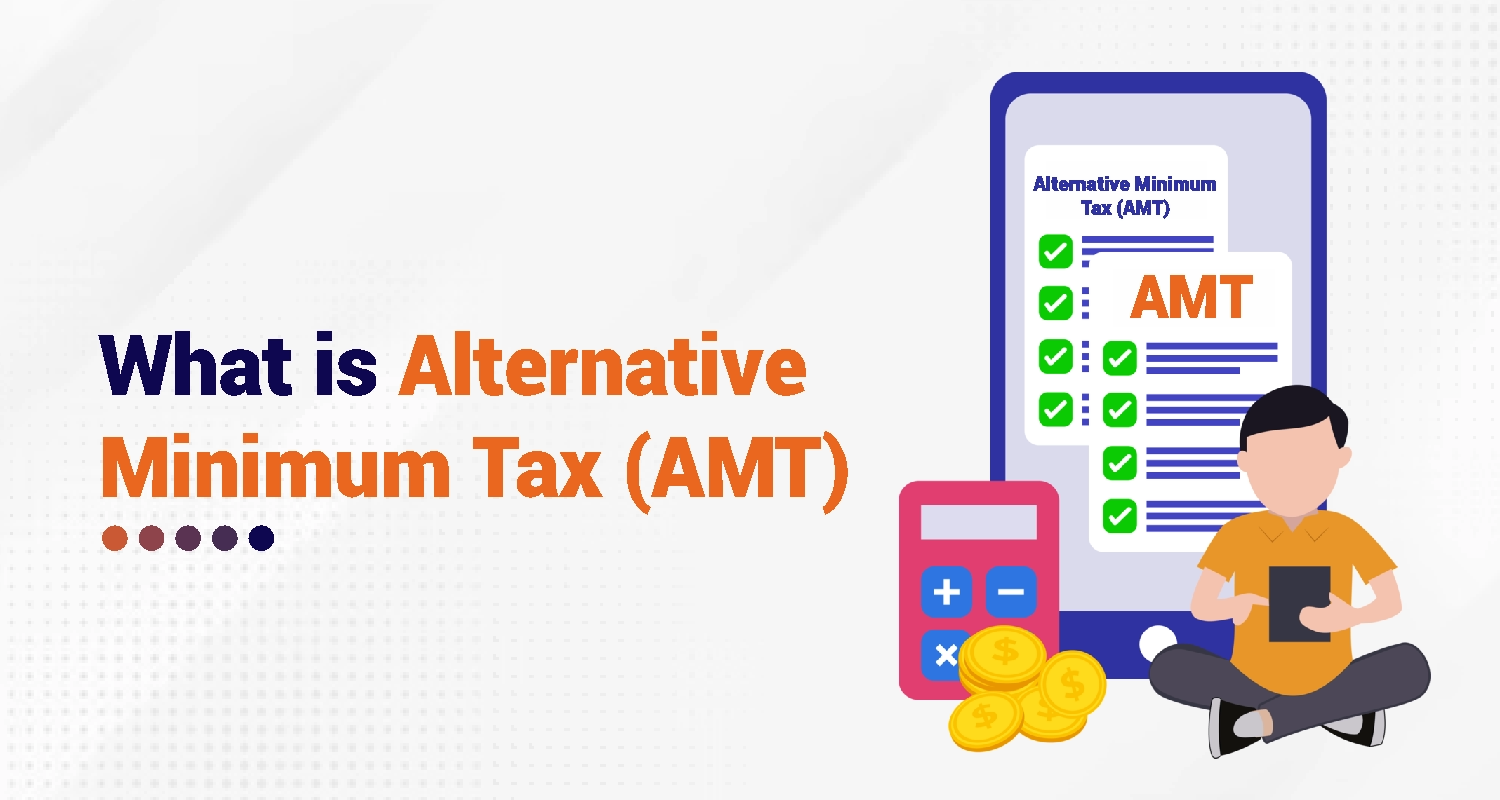GST Exempted Goods: Complete List of Exempted Goods Under GST
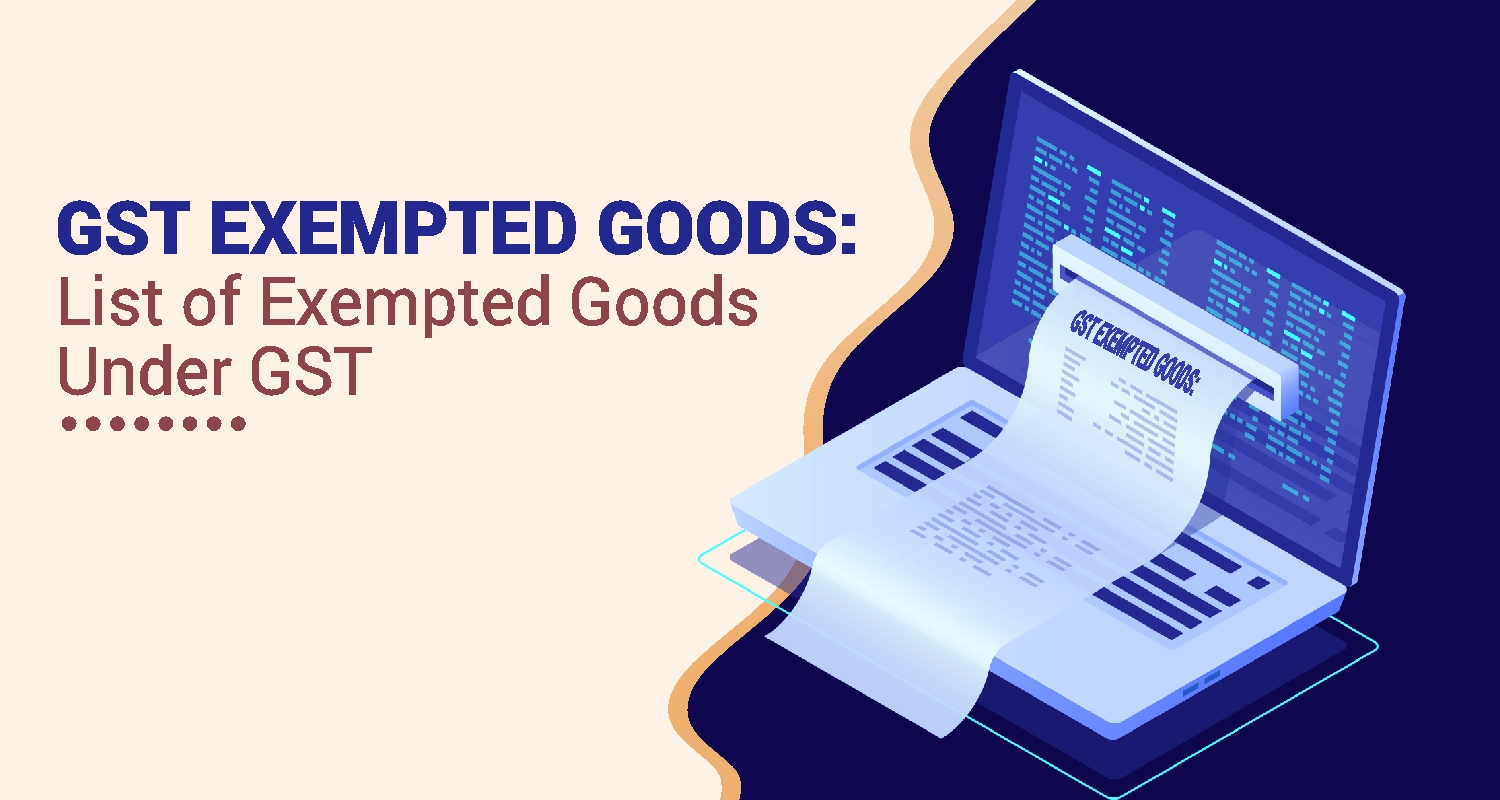
When the GST regime was introduced, most of the products were taken under the ambit of the goods and services tax. There were a few that fell under the ‘zero tax rate’ category, and a few others were on the GST exemption list. How are GST-exempted goods and services different from zero-tax ones? And which goods and services fall in the list of exemption under GST? Let’s understand.
What Is The GST Exemption List?
GST exemptions are provisions that remove or reduce the tax burden on specific goods and services. These exemptions make essential items more affordable and ease financial pressure on businesses and consumers. Some products and services are free from GST, while others have reduced rates.
If a product or service is on the GST exemption list, customers don’t have to pay GST on it. Similarly, businesses with annual revenue below Rs.20 lakh (or Rs.10 lakh for some north eastern states like Jammu & Kashmir, Uttarakhand, and Himachal Pradesh) are not required to register for GST.
Exemptions can vary over time and serve multiple purposes, such as supporting key industries or reducing costs for essential goods and services. To get a complete understanding of GST exemptions in India, refer to the exemption list. This includes details about exempt goods and services, notifications, and HSN codes for certain items.
Types of GST Exemptions
Absolute ExemptionSome goods and services are entirely exempt from GST, meaning neither the supplier nor the buyer has to pay any tax. These are usually essential items like food grains or basic public services aimed at reducing financial burdens for consumers.
Partial Exemption:GST isn't applicable to intra-state supplies from unregistered sellers to registered buyers if the total value of such supplies doesn’t exceed Rs.5,000 in a day.
Supplier-Based ExemptionThis applies to specific suppliers, like charitable organizations, regardless of the goods or services they offer.
Supply-Based ExemptionCertain goods and services, such as healthcare, education, or public utilities like water, are exempt due to their nature.
Conditional ExemptionSome exemptions depend on meeting specific conditions. For instance, agricultural supplies might be exempt only when used in certain ways. This ensures targeted relief for specific industries.
Are Exemptions The Same As Zero-Taxed Items Or Supplies?
The exempt list is different from the list of zero-rated and nil-rated supplies. India’s GST system categorizes supplies into Exempt, Nil-Rated, Zero-Rated, and Non-GST, each with unique tax treatments and ITC implications. Here’s how they differ:
- Exempt Supplies are not subject to GST, meaning no GST is charged on these goods or services. However, suppliers cannot claim the Input Tax Credit (ITC) for taxes paid on inputs. Examples include essential items like fresh fruits, vegetables, milk, and healthcare services.
- Nil-rated supplies are taxed at a 0% GST rate. Unlike exempt supplies, suppliers can claim ITC for GST paid on inputs and services used. Examples include exports of certain agricultural products and pharmaceuticals.
- Zero-Rated Supplies also have a 0% GST rate but specifically apply to exports of goods or services, including supplies to Special Economic Zones. What sets them apart is that the entire supply chain remains tax-free, and suppliers can claim ITC on inputs and services. This ensures no tax burden impacts exports, helping boost global competitiveness.
- Non-GST Supplies fall outside the GST system entirely. No GST is levied, collected, or claimable as ITC on these. These include petroleum products, alcohol for human consumption, and specific transactions like stamp or currency sales.
In other words, the key differences lie in tax rates and ITC eligibility: Exempt supplies block ITC, and Nil-Rated and Zero-Rated supplies enable ITC. On the flip side, non-GST supplies are entirely excluded from GST’s purview.
Sapna aapka. Business Loan Humara.
Apply NowList Of Exempted Goods And Services Under GST:
A] Services In GST Exemption List:
| Services | Specifications |
|
Educational Services |
Exempt for services provided by pre-schools, higher secondary schools, and recognized universities, including transportation, catering, and accommodation related to education. |
|
Healthcare Services |
Exempt for medical treatments, diagnostics, surgeries, and other services offered by clinical establishments, authorized medical practitioners, or paramedics. |
|
Agricultural Services |
Exempt for activities like irrigation, harvesting, post-harvest storage, and warehousing related to cultivation or rearing of animals. |
|
Religious Services |
Exempt for services related to charitable or religious activities by entities registered under Section 12AA of the Income Tax Act. |
|
Public Transport |
Exempt for non-air-conditioned roadways, railway passenger services, and metro travel. |
|
Government Services |
Exempt for most services provided by central or state governments and local authorities, except for specific cases. |
|
Financial Services |
Exempt for interest on loans, sale of foreign exchange by banks, and services related to issuing securities. |
|
Cultural and Recreational Services |
Exempt for performances by artists in folk or classical arts, recognized sports organizations, and some recreational activities |
B] Goods In GST Exemption List:
| Category | Specifications |
|
Agricultural Products |
GST-free for raw agricultural products, fresh fruits, vegetables, cereals, pulses, grains (unbranded/unpackaged), organic manure, and seeds for sowing. |
|
Dairy Products |
Loose dairy items like milk, curd, and lassi are GST-free. Packaged items (e.g., tetra packs) may attract GST. |
|
Unbranded Food Items |
Exempt for basic items like flour, wheat, rice, bread, and eggs when sold loose or without branding. |
|
Public Welfare Goods |
GST-free for printed books, newspapers, handlooms, khadi products, and handmade items supporting traditional industries and welfare. |
|
Health and Medicines |
Exempt for most medicines, medical equipment, life-saving drugs, vaccines, human blood, tissues, and contraceptives. |
|
Educational Goods |
GST-free for slates, chalks, blackboards, and stationery used in educational institutions. |
|
Live Animals |
Live cows, buffaloes, sheep, goats, and poultry are exempt unless used for commercial breeding. |
|
Cultural and Social Welfare Products |
Exempt for products made by disabled individuals, indigenous crafts, and clay idols to promote inclusion and culture. |
|
Religious Items |
GST-free for items like idols, scriptures, and prayer beads used in religious practices. |
C] GST Exemption from Registration:
- You don’t need GST registration if your turnover stays within the exemption limit. For goods, this is up to Rs.40 lakh, and for services, it’s Rs.20 lakh. In special category states, the limits are Rs.20 lakh for goods and Rs.10 lakh for services.
- You’re also exempt if you deal only in NIL-rated or exempt goods and services. This includes items like fresh milk, honey, cheese, and agricultural services.
- If your activities don’t involve the supply of goods or services — like funeral services or dealing in petroleum products — you’re not required to register either.
- Lastly, if you supply goods under reverse charges, such as unshelled cashew nuts or tobacco leaves, GST registration isn’t necessary.
Conclusion
GST exemptions, which vary by country and are periodically updated, are often introduced to reduce the tax burden on essential items or support specific industries. In some cases, exemptions are recommended by the GST Council, granted through official notifications for specific goods, or issued under special orders in exceptional situations.
Additionally, the government may identify exemptions that directly benefit the public, ensuring relief in vital areas. So, to keep your tax plan working at all times, it is essential to stay updated with the changes as and when they happen.
FAQs
Q1. What is the GST exemption threshold for small businesses?Ans. Small businesses with an annual turnover of up to Rs.40 lakh (Rs.20 lakh for special category states) are not required to register for or pay GST.
Q2. What happens when a supply switches from taxable to exempt?Ans. When a supply changes from taxable to exempt, taxpayers must reverse the input tax credit (ITC) claimed on stock (inputs, semi-finished, or finished goods) and capital goods held before the exemption date. This reversal can be done by paying an amount equal to the ITC used, either in cash or by utilizing available credit.
Q3. Is it necessary to issue a tax invoice for exempt goods sold to one person?Ans. Yes, issuing a tax invoice is mandatory, even for exempt goods. Although no GST is charged, the invoice serves as a transaction record and is important for maintaining accurate business documentation and compliance.
Sapna aapka. Business Loan Humara.
Apply NowDisclaimer:The information contained in this post is for general information purposes only. IIFL Finance Limited (including its associates and affiliates) ("the Company") assumes no liability or responsibility for any errors or omissions in the contents of this post and under no circumstances shall the Company be liable for any damage, loss, injury or disappointment etc. suffered by any reader. All information in this post is provided "as is", with no guarantee of completeness, accuracy, timeliness or of the results etc. obtained from the use of this information, and without warranty of any kind, express or implied, including, but not limited to warranties of performance, merchantability and fitness for a particular purpose. Given the changing nature of laws, rules and regulations, there may be delays, omissions or inaccuracies in the information contained in this post. The information on this post is provided with the understanding that the Company is not herein engaged in rendering legal, accounting, tax, or other professional advice and services. As such, it should not be used as a substitute for consultation with professional accounting, tax, legal or other competent advisers. This post may contain views and opinions which are those of the authors and do not necessarily reflect the official policy or position of any other agency or organization. This post may also contain links to external websites that are not provided or maintained by or in any way affiliated with the Company and the Company does not guarantee the accuracy, relevance, timeliness, or completeness of any information on these external websites. Any/ all (Gold/ Personal/ Business) loan product specifications and information that maybe stated in this post are subject to change from time to time, readers are advised to reach out to the Company for current specifications of the said (Gold/ Personal/ Business) loan.
